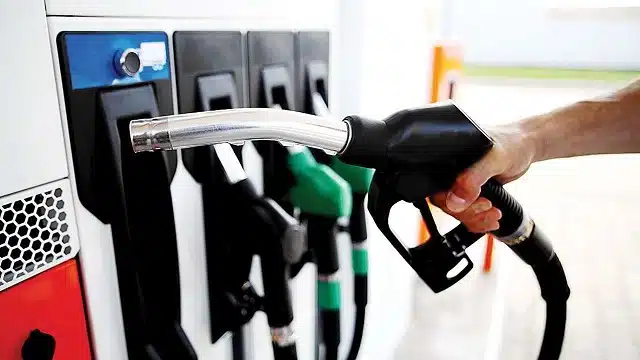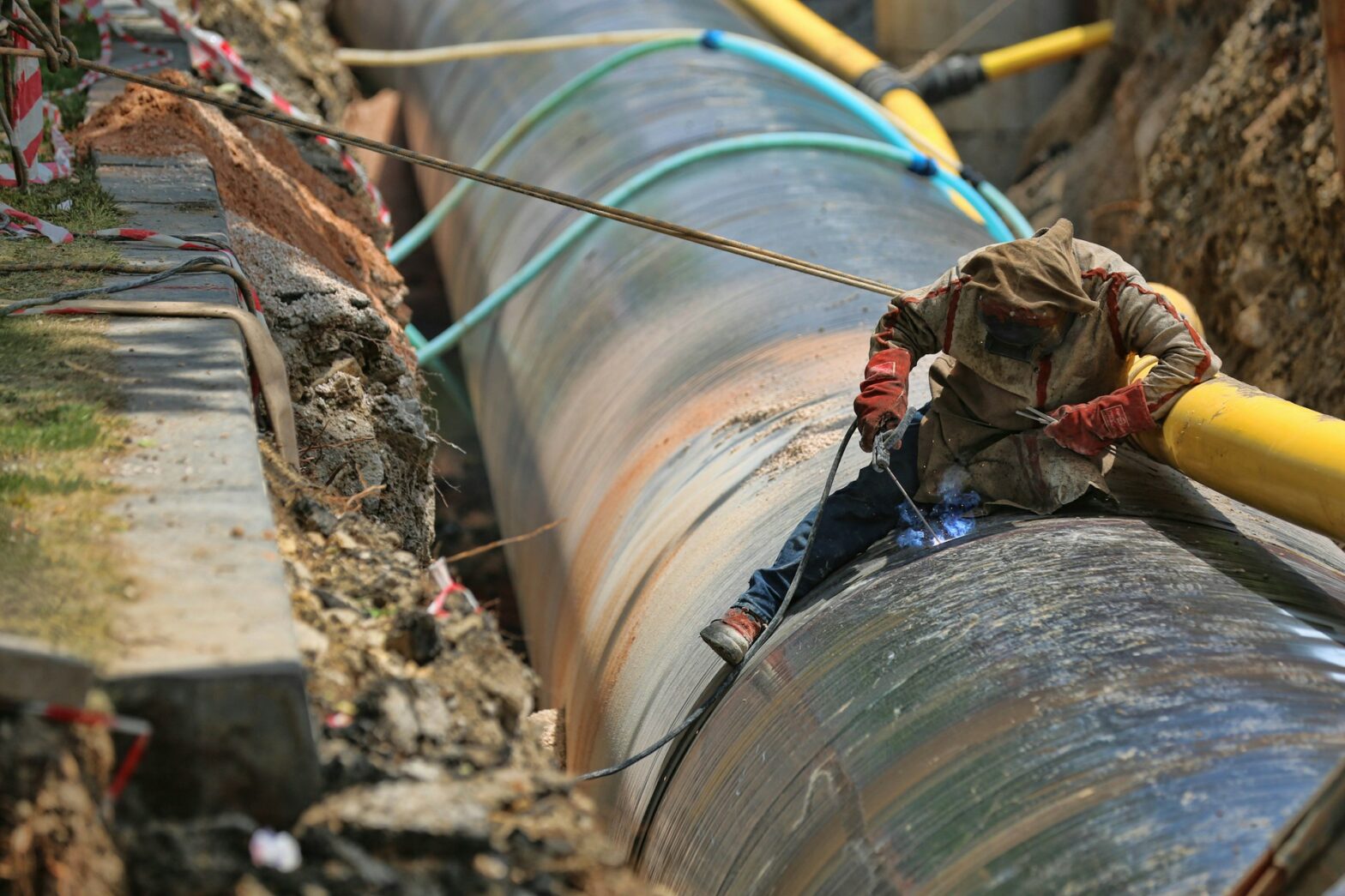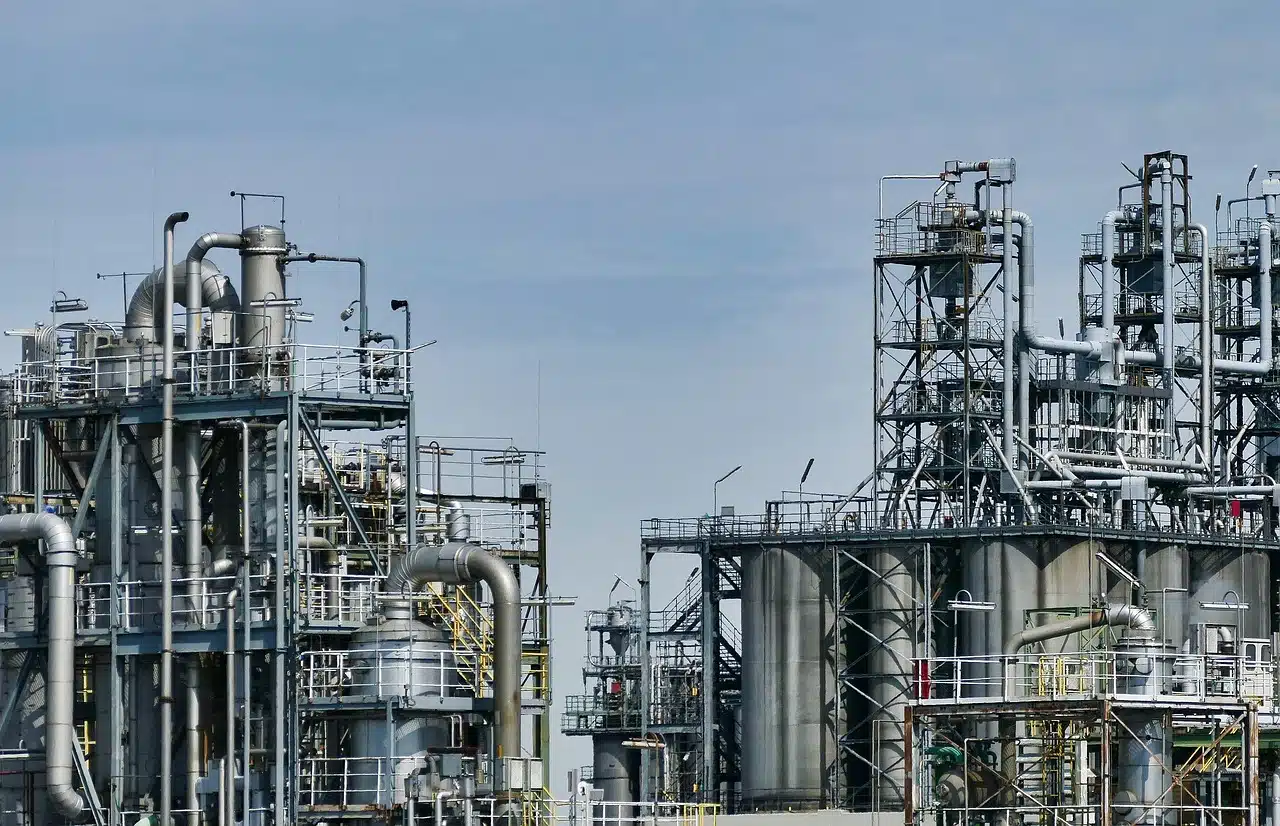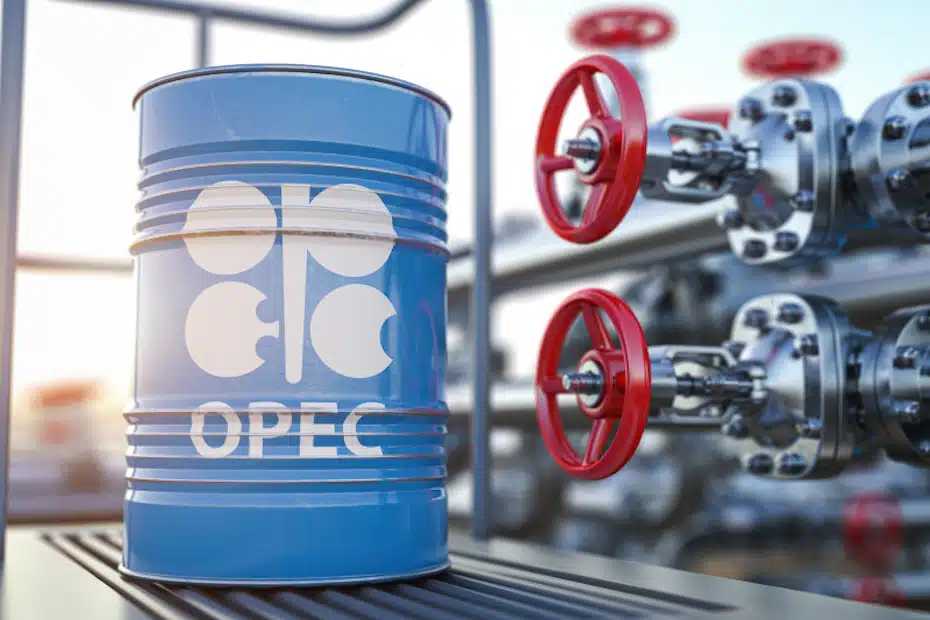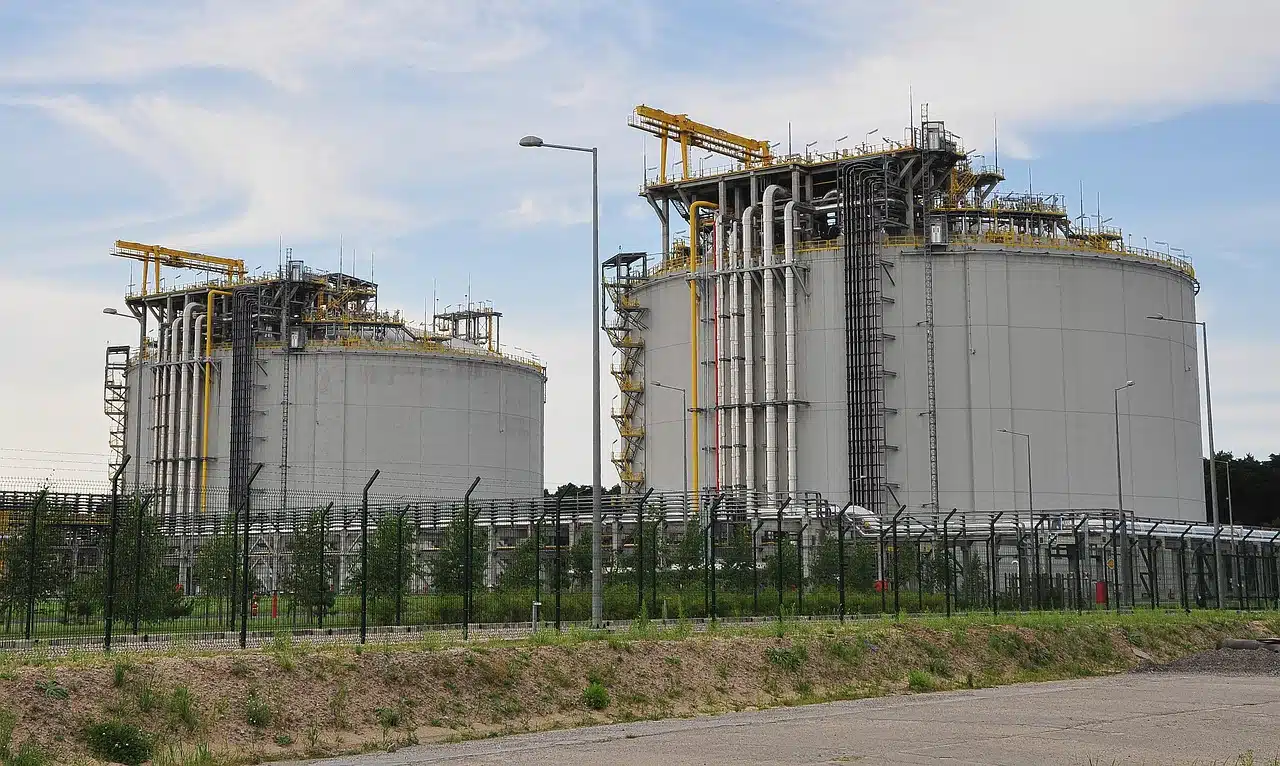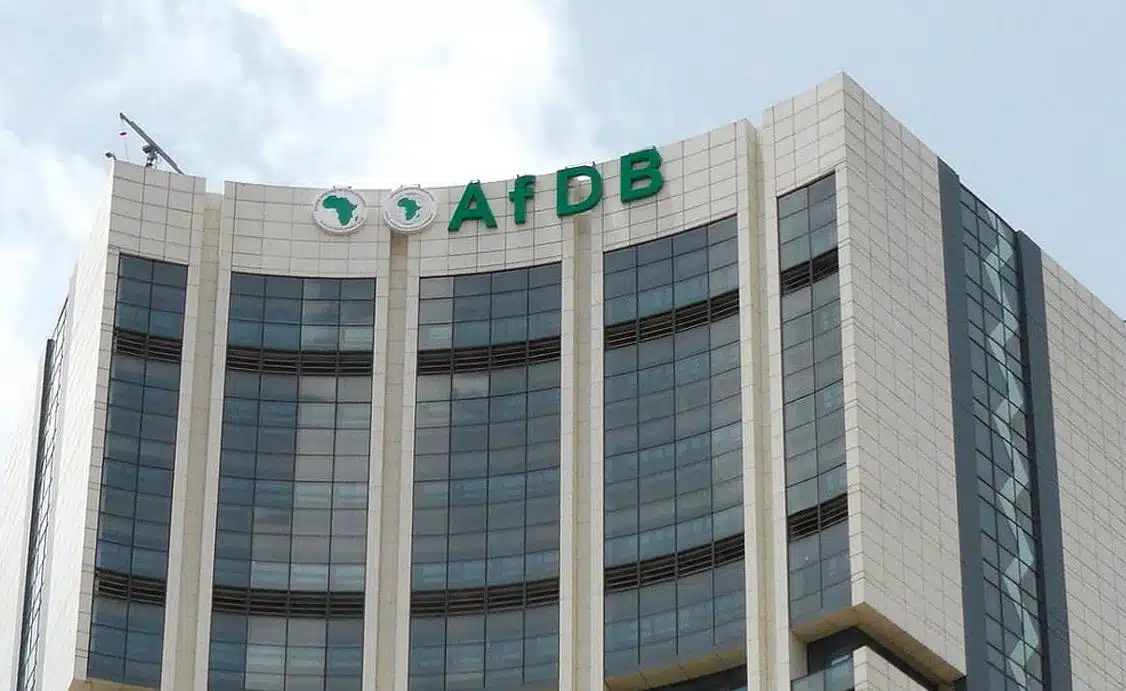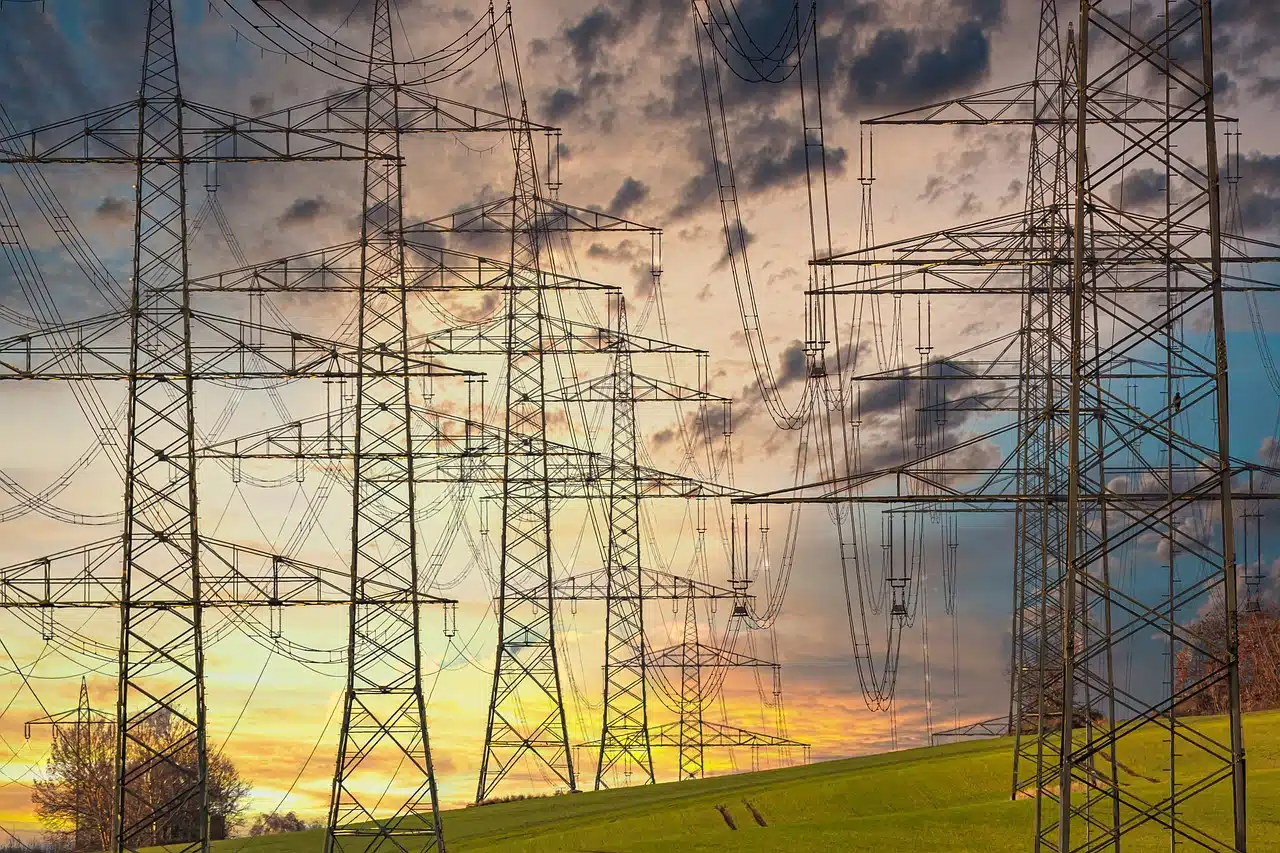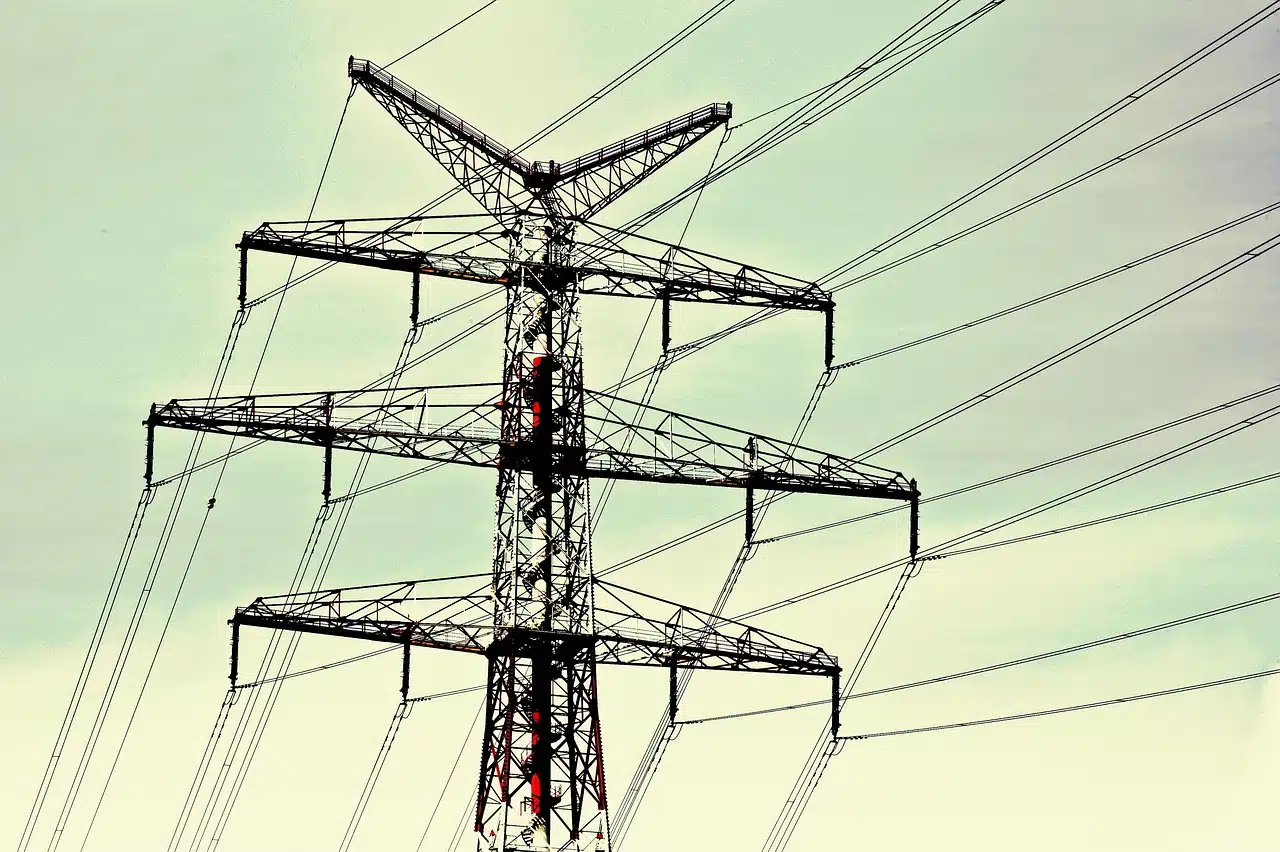The Ethiopian government has increased gasoline prices by 11.3% to 101.47 birr (approximately $0.83) per liter as part of its ongoing efforts to phase out fuel subsidies.
The new prices, effective January 7, 2025, were announced by the Ministry of Trade and Regional Integration in Addis Ababa.
The adjustment also includes a 9.6% increase in diesel prices, bringing the cost to 98.98 birr per liter.
While this move is expected to ease the fiscal burden of subsidies, which cost Ethiopia an estimated 100 billion birr annually ($820 million), it stops short of the market-rate prices initially planned for October 2023, which would have raised gasoline prices to 117.28 birr per liter.
An official from the Ministry stated, “The government is taking a cautious approach to balance fiscal sustainability with the need to shield vulnerable populations from the effects of global fuel price volatility.”
Price adjustments and impact
Under the revised structure, kerosene now costs 98.98 birr per liter, the same as diesel. Jet fuel experienced the largest increase, rising to 109.56 birr per liter, while heavy black diesel and light black diesel are priced at 105.97 birr and 108.30 birr per liter, respectively.
The government has maintained partial subsidies to protect consumers from the full impact of rising global oil prices and Ethiopia’s foreign exchange shortages, both of which have fueled inflation.
Although this adjustment is projected to impose additional costs on consumers, the government has pledged to allocate around 33 billion birr ($258 million) towards subsidies over the ensuing three months, with the total expenditure potentially exceeding 100 billion birr ($782 million) in a year if global oil prices remain steady.
Officials reaffirmed their commitment to transitioning to market-based pricing in the long term, with plans to implement targeted support measures for low-income households.
Ethiopia, Africa’s second-most populous nation, continues to face economic challenges, including a growing fiscal deficit exacerbated by subsidies. Experts have cautioned that delaying full subsidy removal could further strain the economy.

